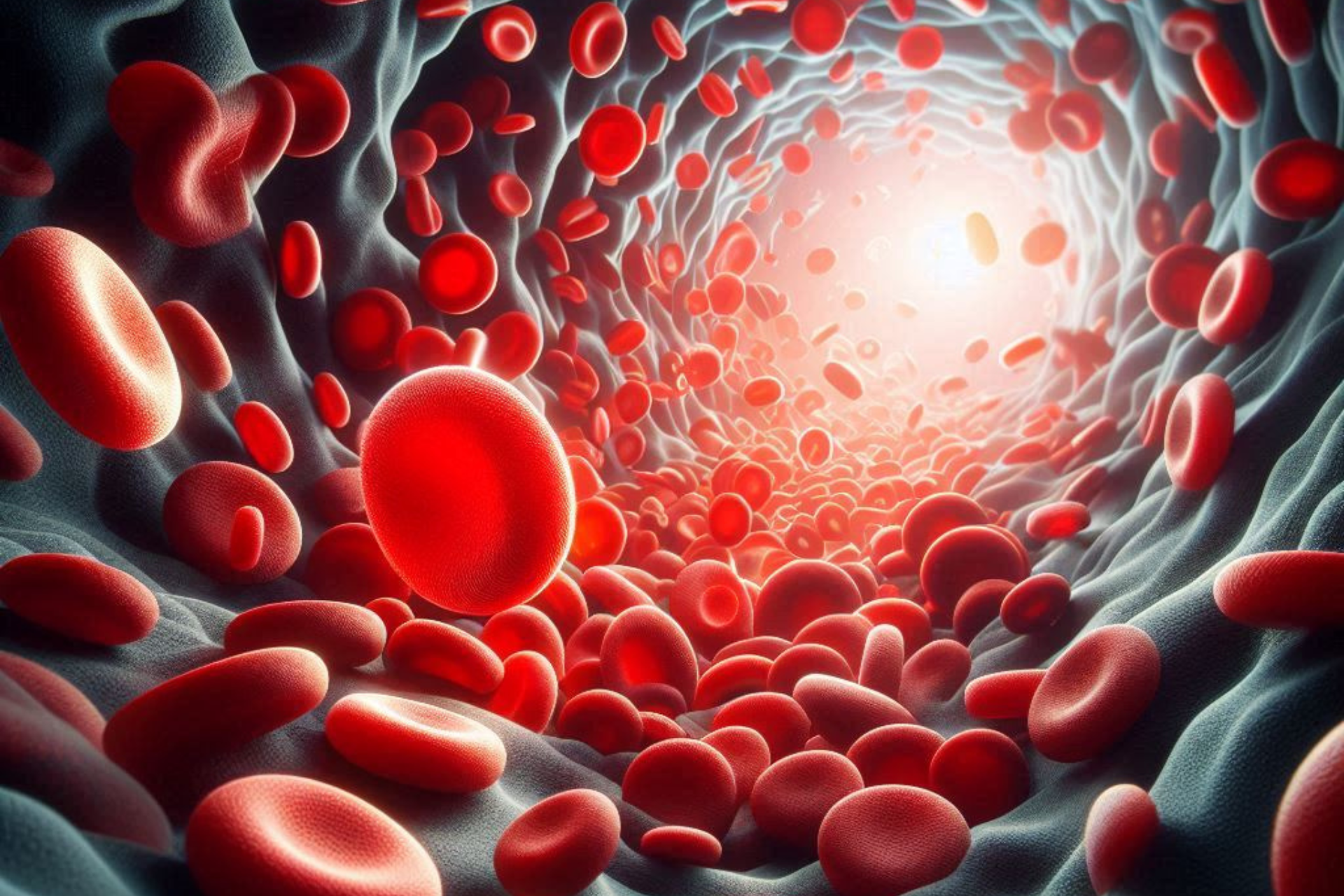Did You Know That Anemia Can Affect Anyone, But Its Impact Changes According to Life Stages?
Introduction
Anemia is more than just a health condition; it reflects how well our body is processing essential nutrients for life. It occurs due to a deficiency in the production or quantity of red blood cells, the cells responsible for oxygen transportation throughout the body. You might not know that there are over 400 types of anemia, each with its specific characteristics, treatments, and risk factors. In this article, we’ll explore these varieties, discuss advanced diagnostic tests, and highlight the most up-to-date treatments.

Lesser-Known Causes of Anemia
While nutritional factors are often discussed, there are other lesser-known causes that can contribute to the development of anemia:
- Exposure to Toxins: Certain chemicals, such as pesticides and heavy metals, can interfere with red blood cell production and cause aplastic anemia. Factory workers and people exposed to these environments are at higher risk.
- Autoimmune Conditions: In some cases, autoimmune diseases like lupus cause the body to attack its own red blood cells. This is known as autoimmune hemolytic anemia.
- Endocrine Disorders: Hormonal problems, such as hypothyroidism, can also reduce hemoglobin production and cause anemia.
- Chronic Infections: Anemia is also common in people with chronic infections like HIV/AIDS and tuberculosis, as these diseases affect bone marrow and decrease blood cell production.
Symptoms and Impact of Anemia Throughout Life
Anemia symptoms can vary significantly, but here’s an interesting fact: this condition affects each stage of life differently.
In Children
Childhood anemia can cause growth issues and impact learning abilities. Studies show that anemic children tend to have lower academic performance, likely due to reduced brain oxygenation.
In Young Adults
Anemia in young adults can impact mood, causing chronic fatigue, discouragement, and even anxiety. This occurs because the brain, especially, requires high levels of oxygen, and anemia reduces this supply, affecting mental well-being.
In the Elderly
Anemia in the elderly is particularly concerning as it increases the risk of falls and fractures due to muscle weakness and dizziness. Additionally, anemic older adults have a higher risk of developing heart problems, such as heart failure, as the heart needs to pump more blood to compensate for the lack of oxygen.
Advanced Diagnostic Tests
Traditional tests include a complete blood count and hemoglobin level, but modern medicine offers more detailed options to understand the root cause of anemia. Here are some advanced tests that may be requested:
- Serum Ferritin and Total Iron-Binding Capacity (TIBC): These evaluate the amount of iron stored in the body and the body’s ability to use it.
- Hemoglobin Electrophoresis: A test used to identify specific types of hereditary anemia, such as thalassemia and sickle cell anemia.
- Bone Marrow Biopsy: In cases of aplastic anemia or suspected leukemia, bone marrow analysis helps determine if there are issues in blood cell production.
Modern and Alternative Treatments
Anemia treatment has various approaches, and modern medicine has been exploring innovative alternatives for managing this condition.
- EPO (Erythropoietin) Injections: Erythropoietin is a natural hormone that stimulates red blood cell production. For patients with chronic kidney disease or severe anemia, EPO injections reduce the need for transfusions.
- Intravenous Iron Therapy: Unlike oral supplements, intravenous iron ensures that the nutrient is absorbed directly into the bloodstream, ideal for those with intestinal problems that prevent iron absorption.
- Scheduled Blood Transfusions: For severe cases, such as sickle cell anemia, regular transfusions help maintain red blood cell levels. Recently, some medical centers have explored transfusions with modified cells to reduce the risk of rejection.
- Phytotherapy and Complementary Treatments: In some countries, such as Japan and China, herbs like ginseng and holy thistle are popular among those with anemia. Studies show that in certain cultures, these herbs help with fatigue recovery and immune strengthening.
Anemia Curiosities
- Does Anemia Have a Gender?: Women are more prone to anemia due to menstruation and pregnancy, but anemic men tend to have more severe and challenging cases since they often ignore early symptoms.
- Exercise and Anemia: People with mild to moderate anemia may benefit from light exercises, such as walking and stretching, which help improve circulation. However, intense activities are contraindicated for people with severe anemia.
- “Athlete’s Anemia”: High-performance athletes often develop temporary anemia due to physical stress, which consumes higher amounts of nutrients and oxygen.
Frequently Asked Questions about Anemia
1. Can Anemia Go Away on Its Own?
Some mild cases of anemia can improve with dietary adjustments, but in most cases, medical attention is required to identify the cause and select the appropriate treatment.
2. What is the Best Diet for Anemia?
In addition to iron-rich foods, such as red meat, spinach, and beans, it’s essential to include sources of vitamin C (orange, strawberry, bell pepper) to improve iron absorption.
3. Can Anemia Lead to Memory Loss?
Yes, especially in the elderly. Lack of oxygen in the brain can impact memory and concentration over time.
4. Is Anemia Hereditary?
Some types, like sickle cell anemia and thalassemia, are hereditary. Generally, people do not inherit iron-deficiency anemia.
5. Can I Donate Blood if I Have Anemia?
No. To donate blood, one must have adequate hemoglobin levels. Before each donation, the medical team tests donors to ensure their health and the recipient’s safety.
Conclusion
Anemia is a condition that goes far beyond mere tiredness. It can impact various areas of health and, in some cases, requires specialized care. By understanding more about its causes, symptoms, and new treatment options, it’s possible to prevent and treat this condition more effectively. If you suspect anemia symptoms, seek a healthcare professional and request specific tests for diagnosis and monitoring.
Also Read About Tapeworms: When Fatigue, Dizziness, and Anemia Become a Warning on juliocemar.com